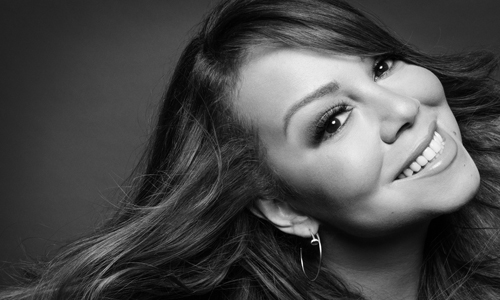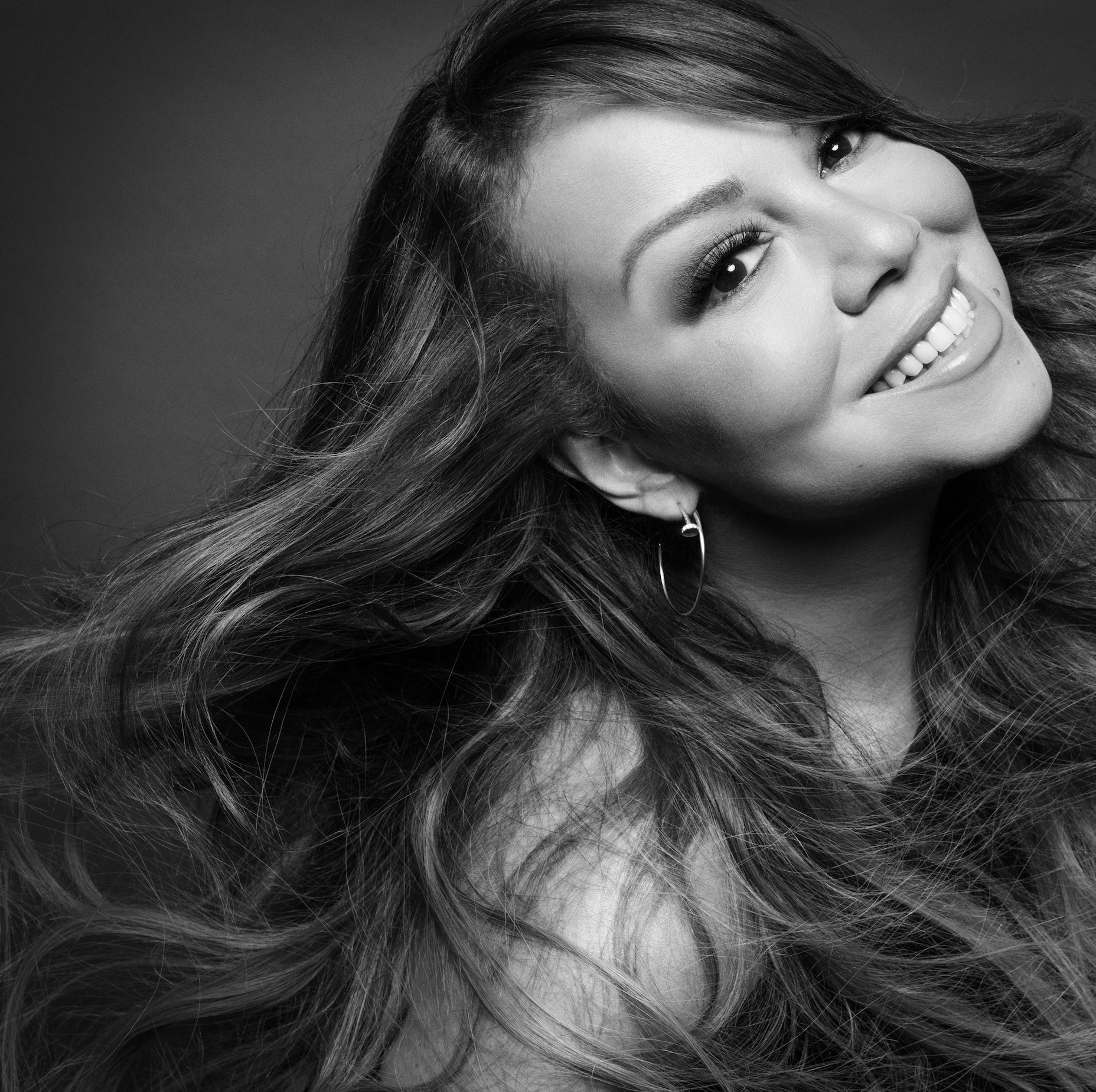V127: The Thought Leaders Issue With Mariah Carey
Read the music legend’s full and unedited interview from V127.

Mariah Carey has often sung of emancipation, but this year she truly opened up about her fight to get free. The songwriter, producer, and once-in-lifetime vocalist illuminated her struggles with a bright, and at times harsh, spotlight in her recent memoir The Meaning Of Mariah Carey. In the gripping and stingingly honest book, Carey describes lurching from a troubled childhood to a toxic marriage in which she feared losing her physical freedom, voice, and sanity.
The Meaning Of Mariah Carey offers new, deeper insights into the real-life stories behind Carey’s music—whether it be her steamy work of R&B autofiction in “The Roof” or “Petals,” a song for the sibling Carey calls her “ex-sister.” And this summer’s #MC30 reissue series and recent The Rarities compilation maps evolving ‘90s musical trends as well as Carey’s own inquisitive taste, spanning G-funk and kinetic piano house; new jack swing to disco infernos. These releases demonstrate a care for archival material that is often, mistakenly, seen as the preserve of veteran rock stars rather than pop auteurs like Carey.

In V’s Winter 2020 Election issue, Carey opened up about politics, her mixed-race identity, and the cruel injustice of classism (“Comrade Carey,” read one tweet). Her full interview—in which she spoke with the candor and brilliant Mariah-isms that pepper her memoir—was too good not to share. Pour yourselves some ‘splashes’ and read on.
V Why is voting so crucial?
Mariah Carey Voting is so important because it is one way to show up for ourselves and our communities. It’s an opportunity for us to honor our ancestors—those that were unable to vote because of racism and sexism—and elect people that we can hold accountable. I vote so that we can get people who have the people’s best interests into positions to make a difference.
V How have you been inspired to raise your voice this year?
MC I am so proud of the young people organizing, particularly Black people, who are leading this movement. Everything feels so hopeless, but when I see the organizing power and the people who are leading this movement, I am hopeful because this is the future of our world. There’s been a change in how the world works—we can no longer just sit back and believe change will come. We all need to make small and large actions that will make a difference.
V In your memoir, you talk about your biracial identity making you feel like an outsider. Have today’s conversations about Black Lives Matter and identity politics affected the way that you see that?
MC One of the very reasons I wrote my memoir was to ‘emancipate’ my racial identity—it has been a source of misunderstanding and near-debilitating pain. There was no ‘one way’ to talk about it. It’s very complex. It’s not just about Black and white—which isn’t ever just Black and white. For me, it’s also been about class and abandonment. Identity politics are so personal and so pervasive—it’s not just what you look like, it’s about how you’re able to—or unable to—move through the world. I grew up as an outsider, and yet there are still so many people who are still looking for a space that will accept and honor them as they are. The amplification of the racial justice movement, with support from a mosaic of backgrounds and identities, has been long overdue.
V What from today’s political landscape keeps you awake at night?
MC Something in the political landscape that bothers me is how we’ve been socialized to believe that poverty is a personal failure rather than our systems failing us. My upbringing was unconventional to say the least, but many times I say that because we had little structure and little money, and little social support to feel grounded. There are times I cannot believe I was a little girl who lived in shacks, who always felt unsafe, under-cared for, lonely, and perpetually scared. There is a villainization of those who have unmet needs, whether that is access to healthcare (including mental healthcare), financial aid, affordable housing, let alone the opportunity to laugh and find joy beyond work.
V Your recent single “Save The Day” talks about the importance of unity and combating fear. Do the song’s lyrics take on new context to you in our current moment?
MC I created this song years ago with Jermaine Dupri and we both felt like this year was a call to action around the song and what it means. If people come out of this year not having learned that our futures are all entwined, I’m not sure where they’ve been living. The lyrics of this song are all about doing your part to make a difference and highlighting the impact that each of us can make. Whether you’re an essential worker, a protestor, a student, a young parent making it work, or a first-time voter, we each have a need to support our communities.
V This year you posted a touching tribute to John Lewis after his death. Why is it important to share such stories of civil rights heroes with your fans?
MC John Lewis is an example of a tremendous leader who moved through the world with courage, grace, and a greater understanding of our shared humanity. His work and legacy as a servant leader is something we will cherish for generations to come. I’m so proud to have lived at the same time as such a profound and generous leader and human.
V What does self-care mean to you?
MC Self-care means honoring your boundaries, and making new ones if you need. Self-care means tending to your inner child and the voice that lives inside you. I stay hopeful by taking the time to connect with my children who see the world with so much hope.
V What is your hope for the future of America?
MC America is beautiful to me because of the diversity of people that bring their dreams to life every day. We may have different backgrounds but we are all here now, and we will continue to make this a place where we can grow, learn and sow seeds of hope.
V If you change one thing about America, what would it be?
MC The president, because…you know why, and you know what to do!
V As the November elections approach, what is the message you want most to communicate to your audience?
MC In 2016, almost half of eligible voters didn’t vote. Each day since that election, we have lived with the consequences of that inaction. In a time when racial justice, healthcare, immigration and the global economy are extremely top of mind, we need leadership that is ready to step up. We have an opportunity to elect people that understand the needs of this nation. We have a responsibility to each other to fight for each other and our shared futures
V Who is a “Thought Leader” that has inspired you?
MC So many…Michelle Obama and AOC. I’m also so excited to have Kamala Harris as our first Black and first woman Vice President!
V127’s Thought Leaders Issue is available to order now.
Discover More
